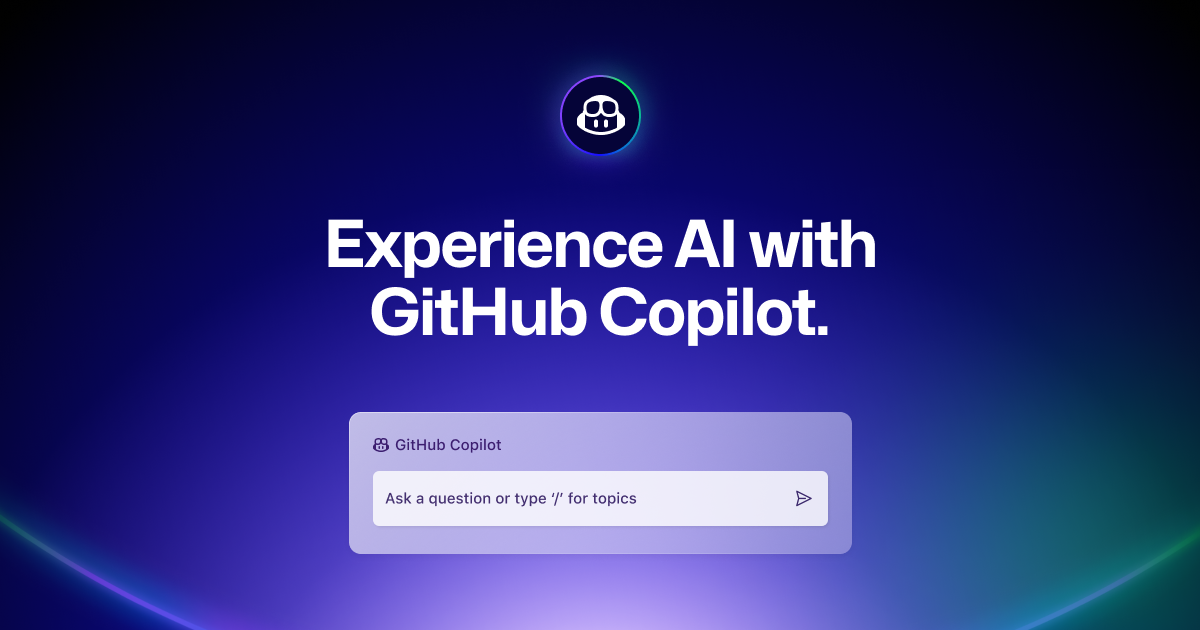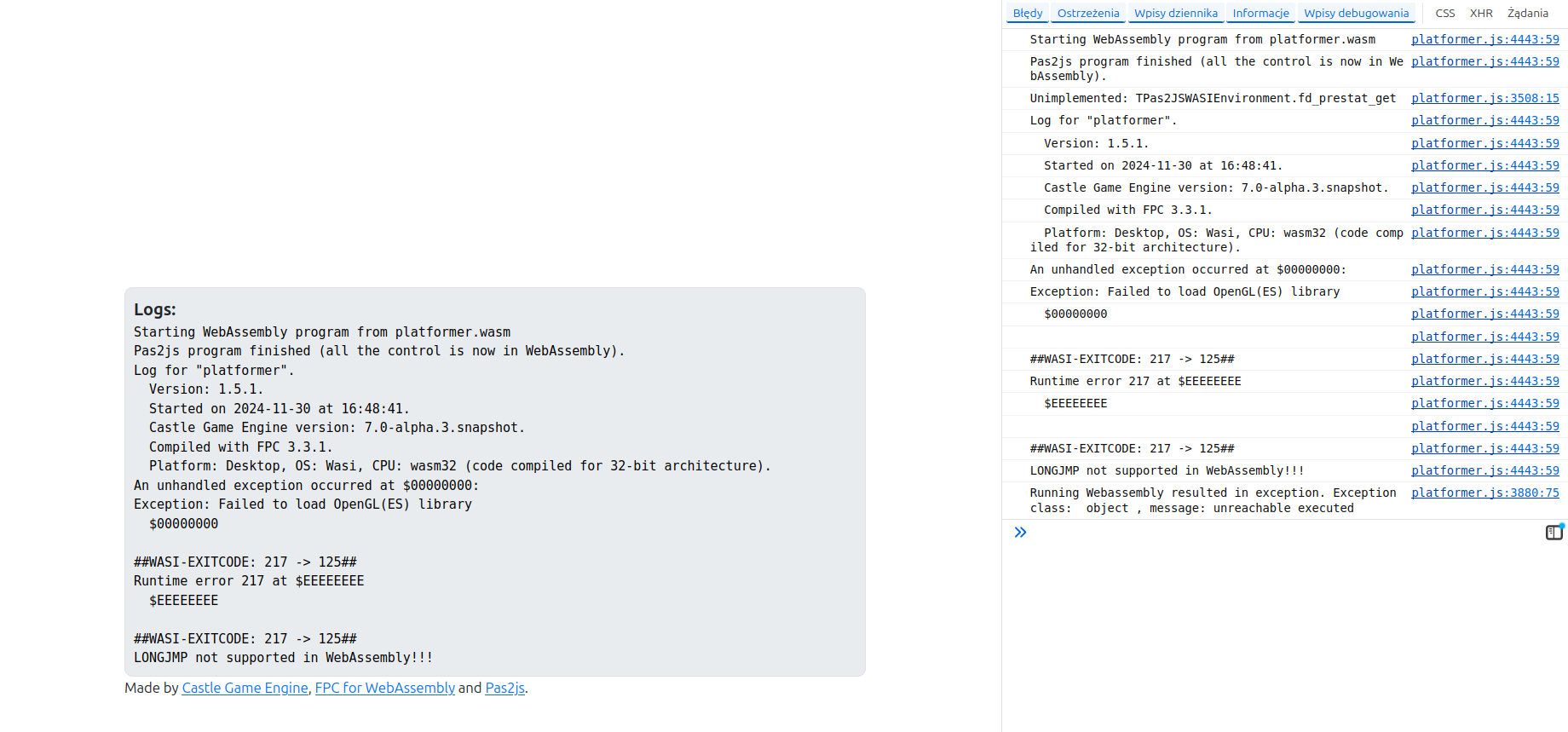K8s Cleaner: Optimize Your Kubernetes Clusters
K8s Cleaner is a Kubernetes cluster cleanup tool designed for administrators. It efficiently identifies and removes unused resources to boost cluster performance and reduce operational costs. Supporting all resource types, including CRDs, it offers pre-defined rules and customizable options (time-based, label-based, or custom Lua scripts). Notifications are sent via Slack, Email, and more, while a dry-run mode prevents accidental changes. K8s Cleaner streamlines Kubernetes resource management.











